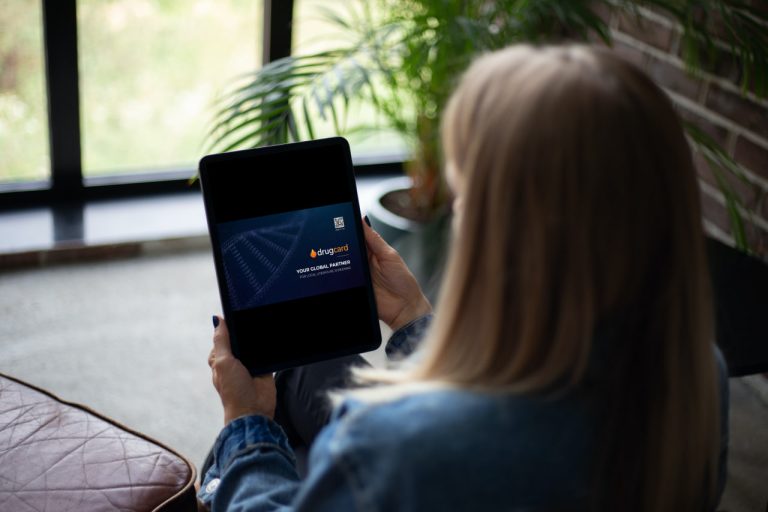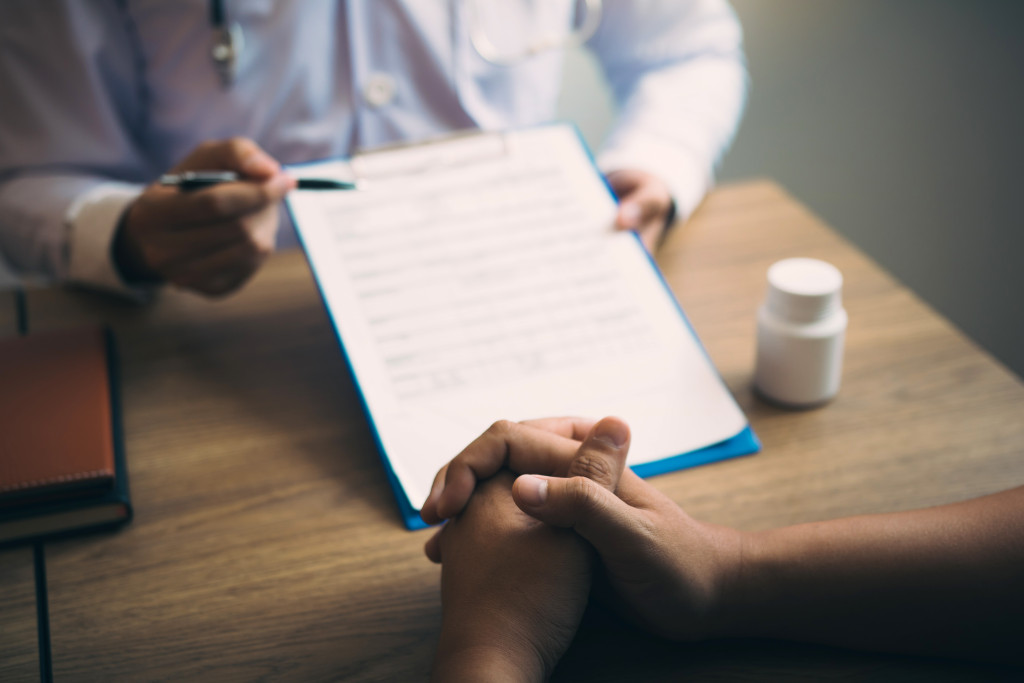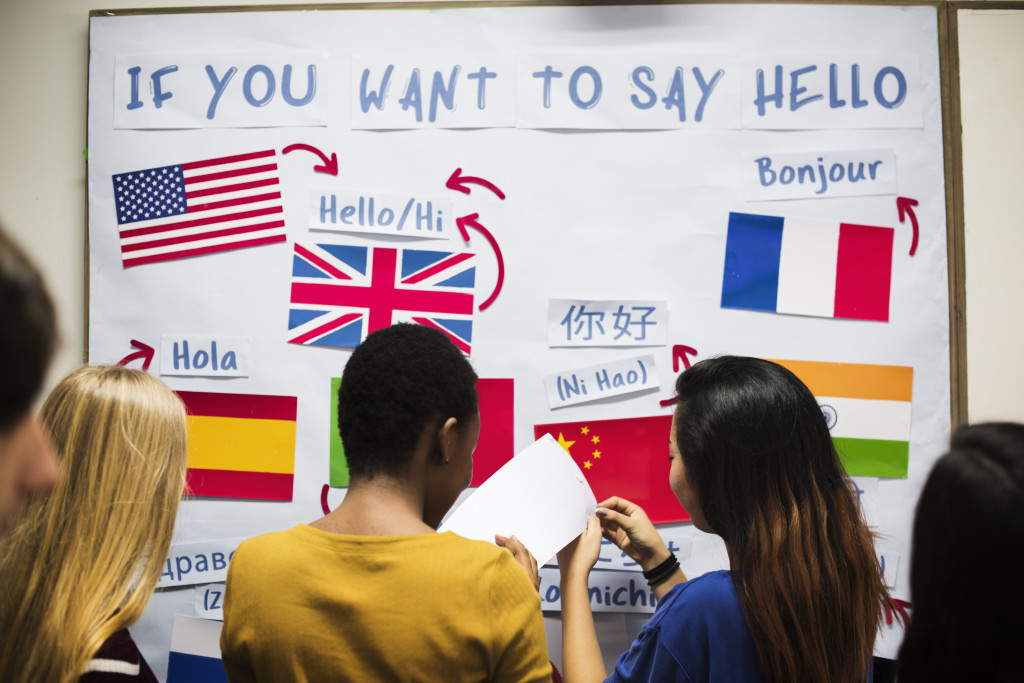Eliminate language barriers in pharmacovigilance
- 21/02/2023
Accurate and complete information on drug safety is crucial for pharmacovigilance activities. Translation handling is essential in ensuring access to such information from different regions and populations, especially in areas where English is not the primary language. The use of human translation, machine translation, or hybrid translation depends on the type of information that needs to be translated, available resources, and the level of accuracy required. While each method has its advantages and limitations, machine translation is a useful tool for accessing local medical literature in different languages. The DrugCard platform has a wide coverage of medical journals from more than 30 countries, and obviously not all journals are in English. Hovewer the DrugCard platform has automatic translation of articles from local languages into English. This significantly decreases language barriers in pharmacovigilance and improves access to drug safety information.
Drug safety information in local medical literature
Local medical literature can provide important information on drug safety that may not be available in other sources. When reading a medical article, it is crucial to understand whether it contains drug safety data. For example, local medical literature may provide insights into drug safety in a specific population or in the context of a specific health condition that is more prevalent in a particular region. In addition, local medical literature may report on adverse drug reactions (ADRs) that have yet to be documented or observed more frequently in a particular population. Also, this can be especially important in identifying new or emerging drug safety signals.
How does machine translation eliminate language barriers?
Machine translation technology can help translate safety data from different languages into a common language. While machine translation may not always be accurate, it can provide a quick and easy way to understand the gist of safety data in different languages. With machine translation text into English, the content becomes more accessible to pharmacovigilance experts. Translation helps to determine if the article contains drug safety information and to decide on the categorization of the article. Moreover, machine translation is a cost-effective and efficient way to quickly translate large amounts of text, which can be especially important for pharmacovigilance activities where timely access to information is crucial.
How it works?
Automatic translation on the DrugCard platform is as easy as shelling pears. In every article card you will see the “Translate into EN” button in the right corner. After clicking it the article is immediately sent for translation which will be ready in a few seconds.
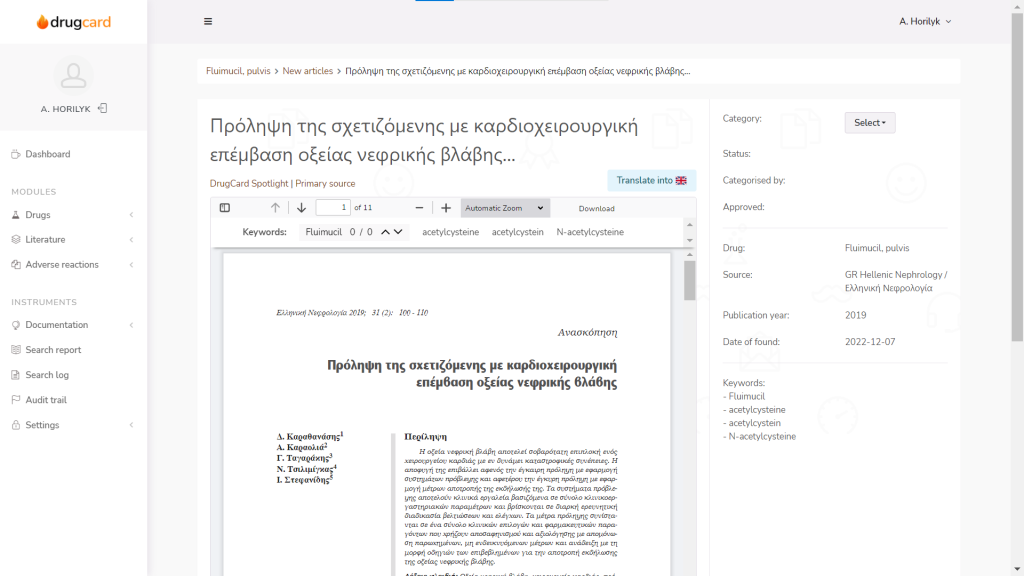
After clicking the “Download” button, you get an article fully translated into English.
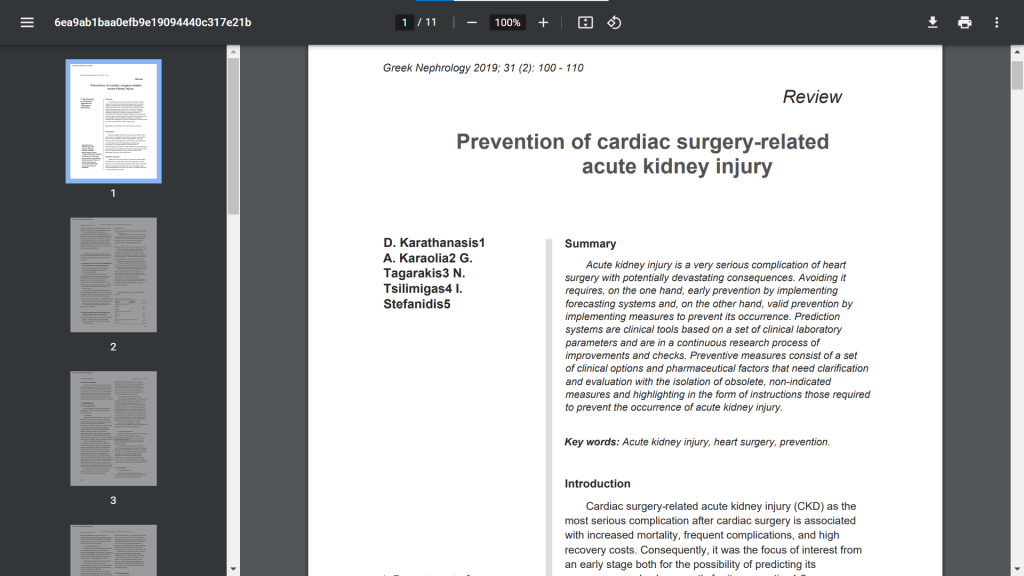
Save time and costs with a machine translation in pharmacovigilance
A continually-growing number of literature source drives pharmaceutical companies to manage pharmacovigilance activities more efficiently. Advances in technology play a key role in this transformation. As a pharmacovigilance professional, you’re committed to patient safety. At DrugCard, we’re committed to help you. The DrugCard platform offers a user-friendly interface fors easy navigation, accessing and evaluation of safety information. Machine translation can help identify safety information from local medical literature more efficiently and quickly. It helps to eliminate language barriers, especially in regions where English is not the primary language as well. Machine translation saves time and resources, as it can process large volumes of text in a short amount of time.
